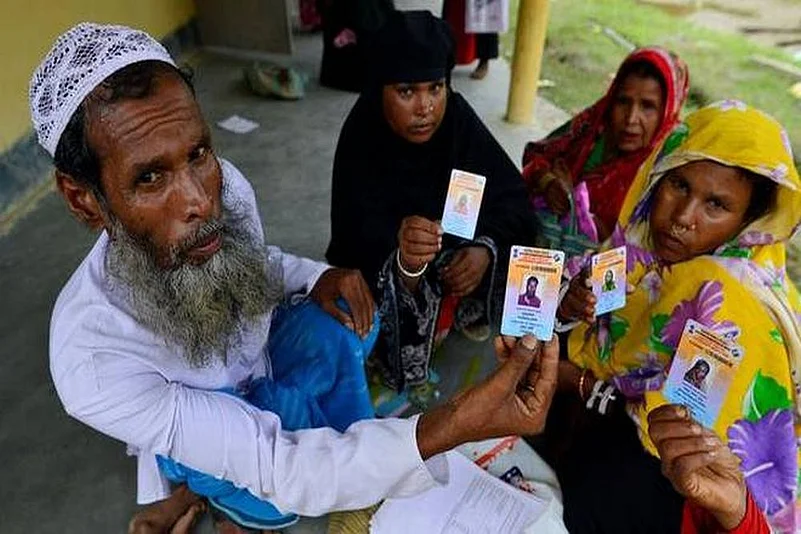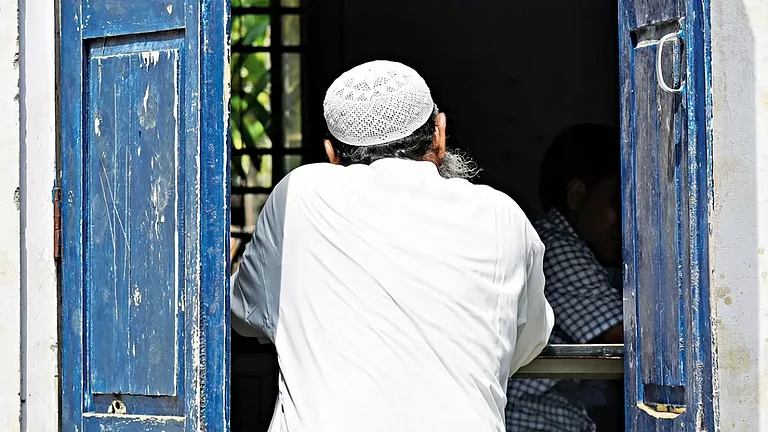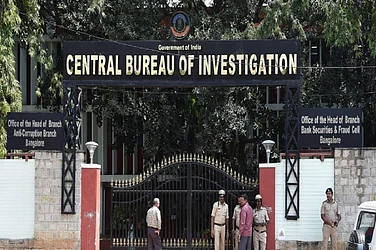The Assam and Mizoram governments have decided to implement stricter measures to curb the cross-border migration of nationals from Bangladesh and Myanmar. The Assam government on Friday directed that it will allow adult citizens to procure Aadhar cards only through the District Commissioners (DCs), whereas the Mizoram government has planned to confiscate the identity cards of Myanmar nationals.
Assam Government’s Directive
Assam Chief Minister Himanta Biswa Sarma asserted that the toughened regulations for issuing Aadhar cards were discussed during a state cabinet meeting. Addressing a press conference, Sarma said that “At a cabinet meeting today, we discussed that we should toughen the Aadhaar issuance rules. Usually, people who come to Assam and Bharat from Bangladesh (illegally) are adults. We’ve already achieved 100% Aadhaar coverage, so if a new adult applies for Aadhaar, we will thoroughly enquire about it.”
He also stated that the power to issue Aadhar cards would rest only in the hands of the DCs. "If such a policy is made, it will be difficult for the Bangladeshis to obtain Aadhaar. Detecting and pushing them back will be easy if they do not possess Aadhaar,” he added.
The Himanta-led government had earlier clamped down on Aadhaar issuance after it barred those who had not registered in the National Registrar for Citizens (NRC).
The decision was announced after 20 alleged Bangladeshi immigrants were pushed back from the state. His government had earlier prepared an action plan to detect and drive out illegal immigrants who had entered Assam over the past few years.
“The Chief minister is going to use the Immigrants (Expulsion From Assam) Act, 1950 in which even a DC can pass an order of granting someone an Aadhar card. Under this, a person could have a foreign identity without them even knowing. Most of the people who are targeted through this are laborers. They are constantly travelling. So, they do not even receive a notice. There are many such cases where the state has declared some person as a foreigner without their knowledge,” says an advocate representing such cases in Assam.
In September last year, Sarma said that four Assam districts had more Aadhaar cardholders than their projected population. The four districts include Barpeta, Dhubri (both in lower Assam), Morigaon and Nagaon (both in central Assam). Of these, Dhubri shares a border with Bangladesh.
“We found that 103.74% of the population were issued Aadhaar cards in Barpeta, 103.48% in Dhubri, 101.74% in Morigaon, and 100.68% in Nagaon. Some immigrants definitely managed to take Aadhaar,” the Chief Minister had said.
Historical Context
Assam has for long had a tempestuous relationship with immigration, fraught with concerns of demographic changes and erosion of indigenous culture. In 2024, the Supreme Court delivered a landmark judgement which upheld the constitutional validity of Section 6A of the Citizenship Act, 1955. The act granted citizenship to immigrants who entered Assam before March 24, 1971. Only immigrants who entered illegally after March 25, 1971 were considered to be illegal in the eyes of the state. This section was a key component of the Assam Accord signed in 1985.
Amid years of protests over the entry of illegal Bangladeshi migrants to Assam, the Rajiv Gandhi-led Union government and the All Assam Students’ Union (AASU) became signatory to the accord to protect Assam’s rich cultural, linguistic, and social identity.
The immigration of Bengali migrants to Assam can be traced back to British rule. In the 1931 Census Report, C S Mullan from the Indian Civil Services had said that, “an event which seems likely to alter permanently the whole future of Assam and destroy more surely than did the Burmese invaders of 1820, the whole structure of Assamese culture and civilisation has been the invasion of a vast horde of land-hungry Bengali immigrants mostly Muslims from the districts of Eastern Bengal.”
The issue reached its peak during the Bangladesh Liberation War in 1971 when approximately 10 million Bangladeshi migrants sought refuge in India to escape the horrors caused during the partition of then-unified Pakistan.
An anti-foreigner movement spearheaded by AASU gained prominence in 1979. It demanded the deportation of all immigrants who came to Assam after 1951. This movement led to the signing of the Assam accord, which was upheld by the SC last year.
Mizoram Government’s Crackdown
Mizoram Chief Minister Lalduhoma on Friday proposed the confiscation of the identity cards of Myanmar nationals who cross over into India frequently. Lalduhoma told the Joint-Secretary of Ministry External Affairs and Protector General of Emigrants, Surinder Bhagat that “Many refugees are law-abiding, but there are some who continue to cross the border to and from Myanmar, exploiting the ongoing crisis there.”
"We intend to take stern action against such refugees and have been thinking of confiscating Myanmar IDs when they cross over from their country to Mizoram," he said. He also asserted that the state plans to collect biometric data from refugees from Myanmar who are residing in the state.
The anti-immigration stance has gained more prominence after the central government directed all states to detain and deport illegal Bangladeshi immigrants.

















